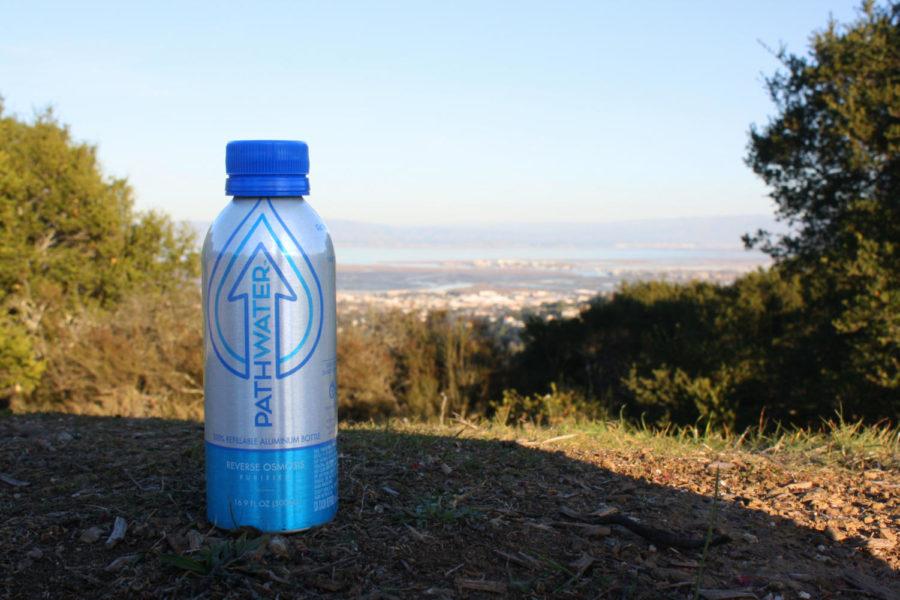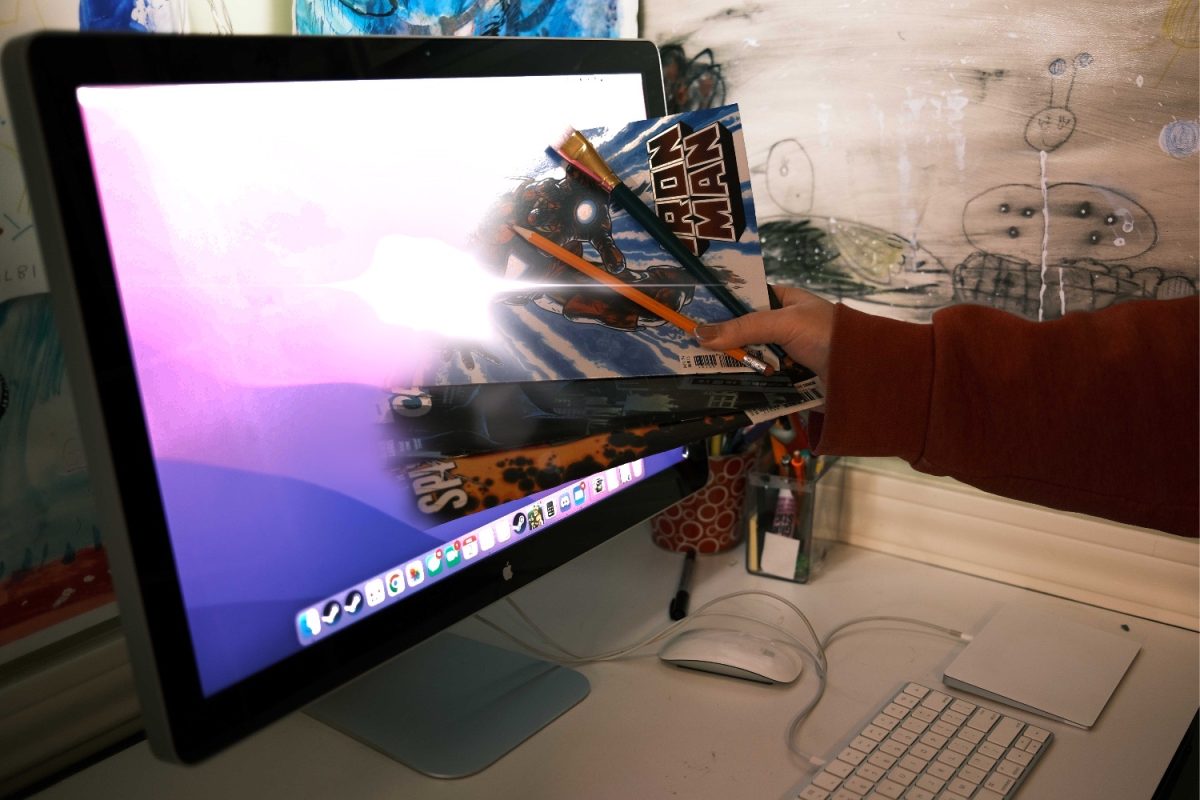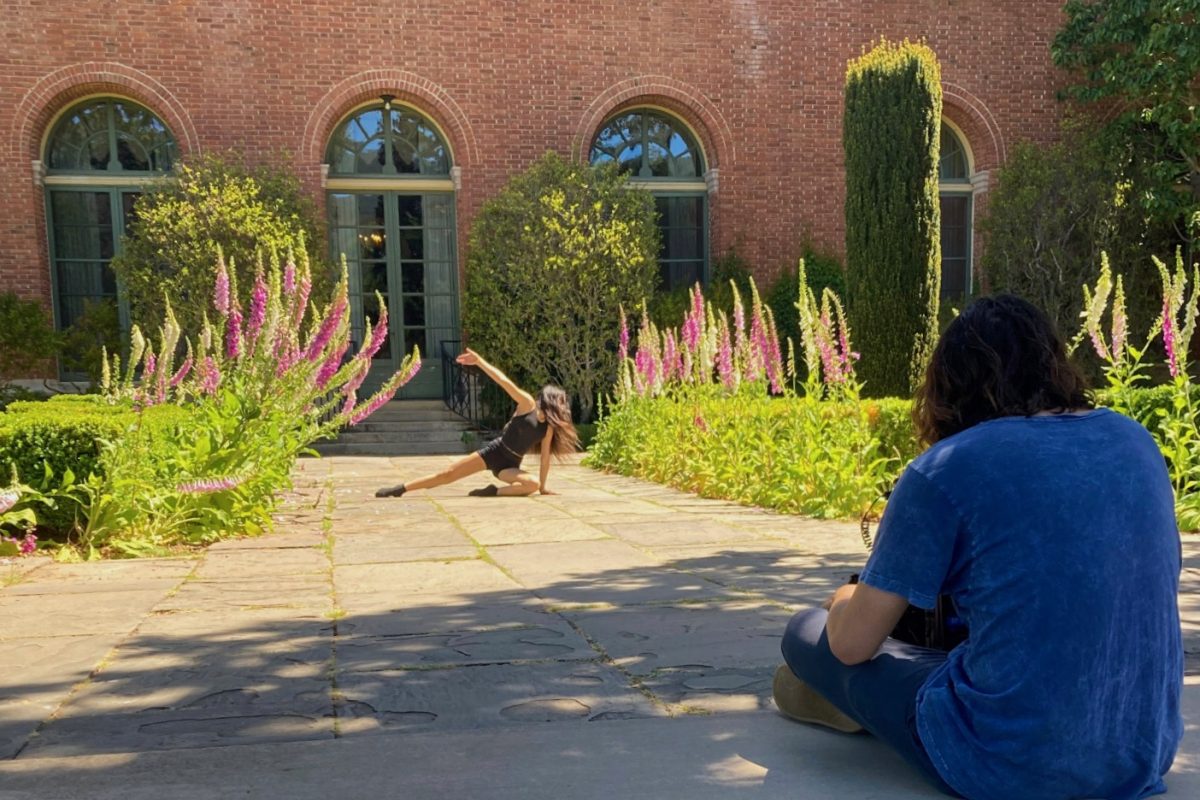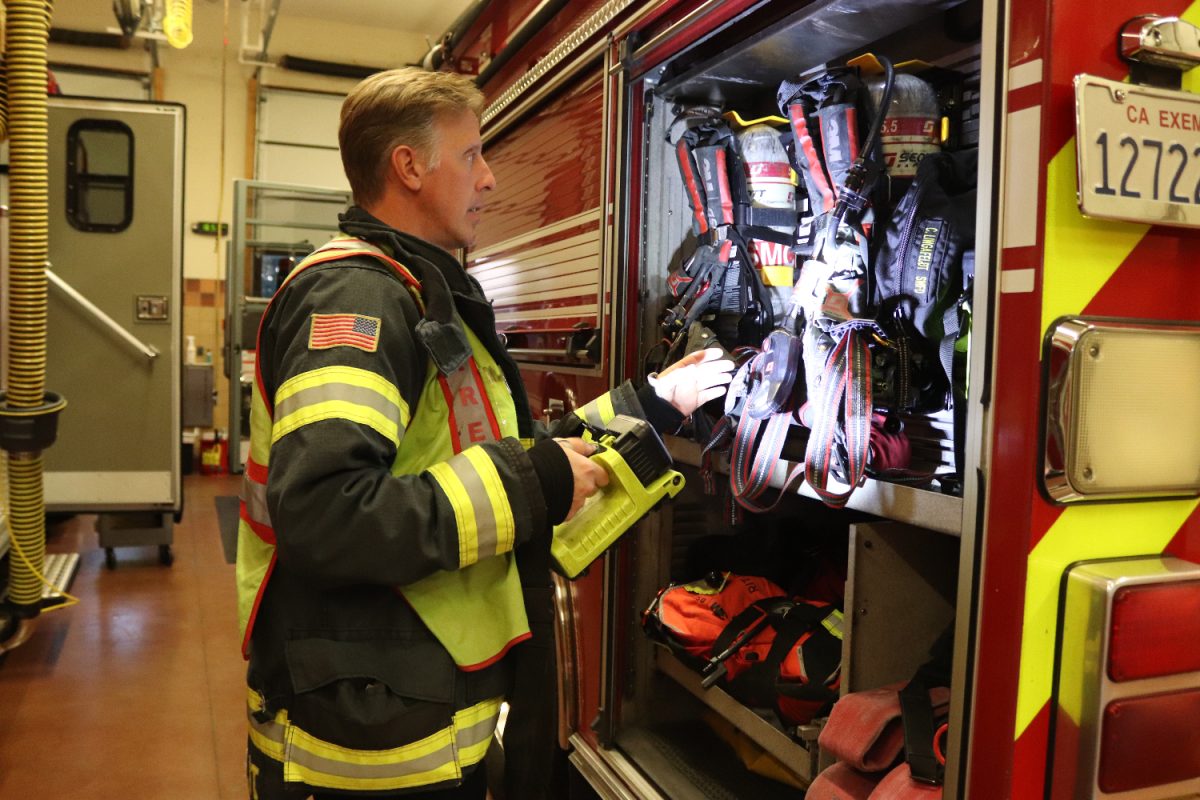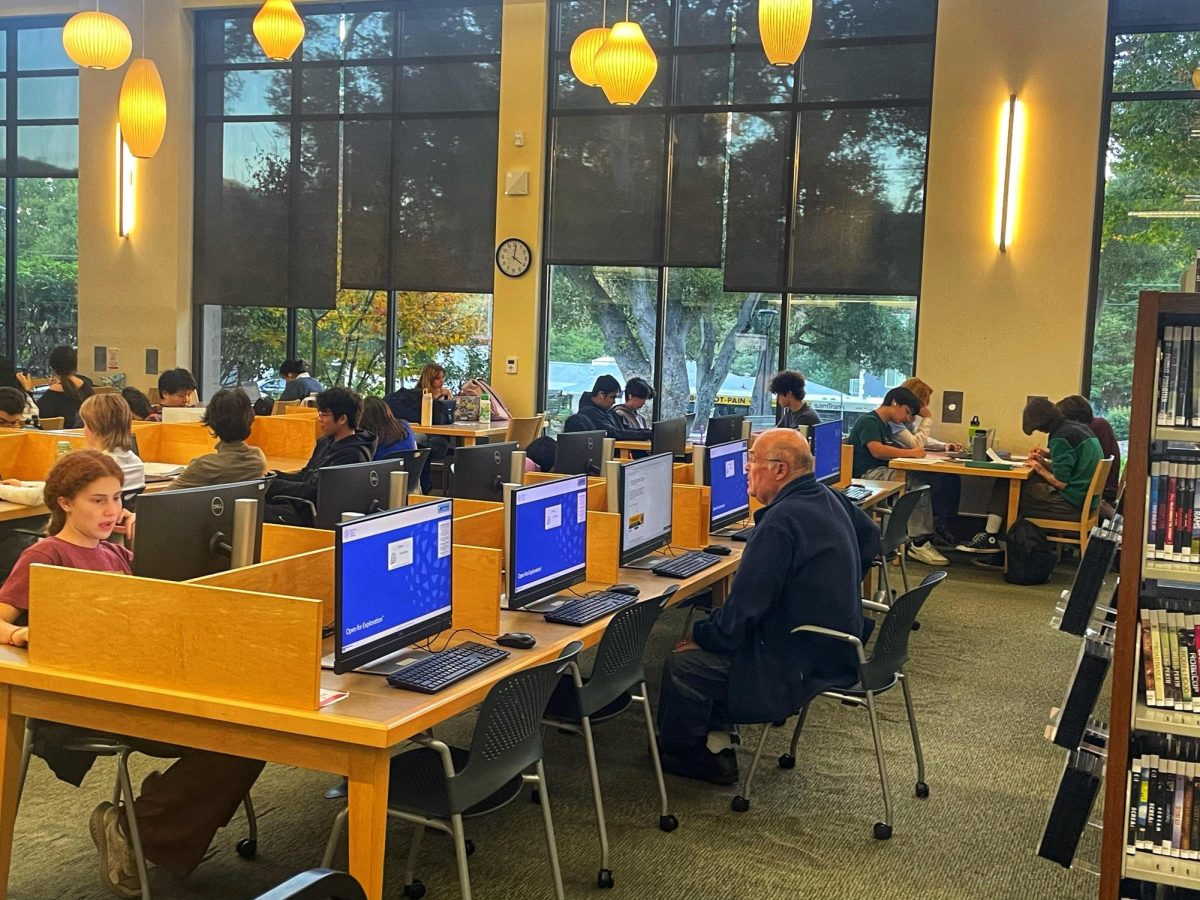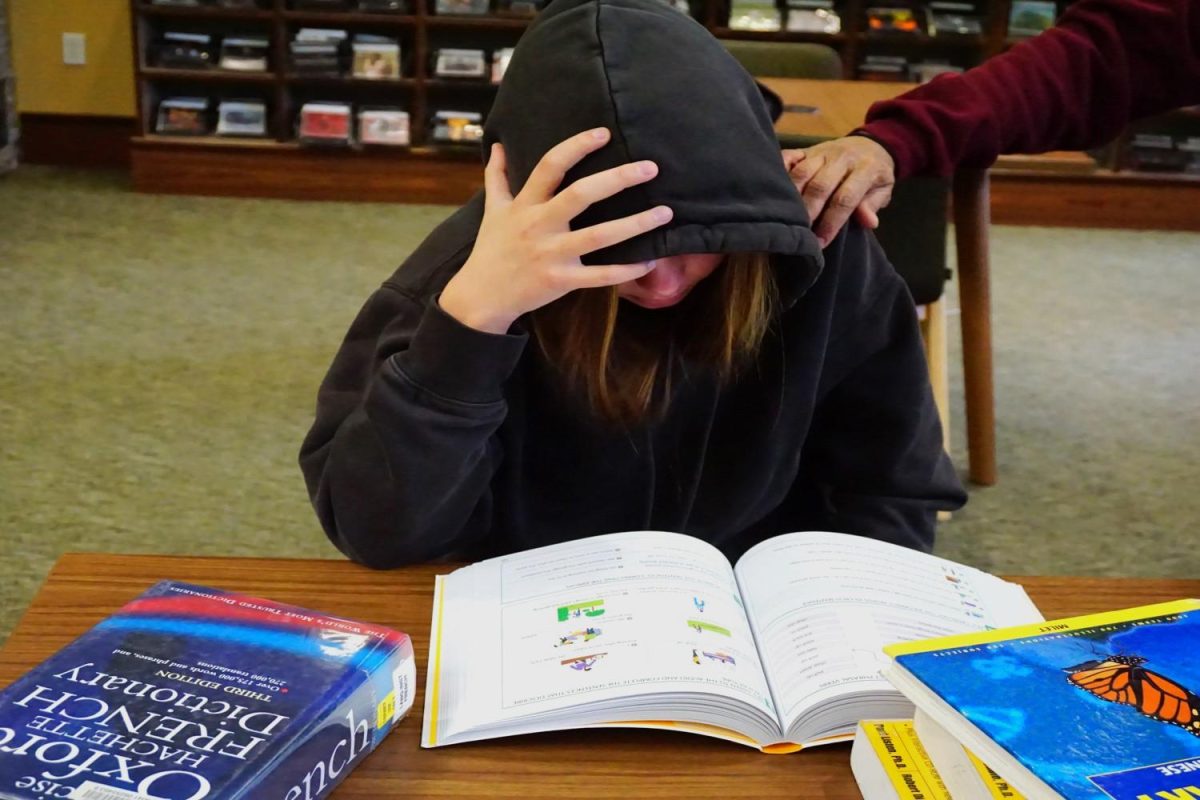The idea of a green planet is a prominent topic in our world today, especially among youth. Carlmont has recently contributed to this trend with new products to help save the environment.
The Carlmont administration has recently implemented a new type of water bottle, called Path Water, designed to encourage the recycling and reuse of water bottles. The bottle can be bought in the cafeteria and is reusable as well as recyclable.
According to CalRecycle, schools or other public entities that generate four or more cubic yards of waste every week are legally required to recycle. Carlmont has recycling and trash bins set up around the school, and the Green Team worked with the administration to add compost bins to campus on Jan. 10.
The staff and students are doing everything they can to promote a healthier environment. Vice President of the Green Team Risako Nozaki suggested that Path Water is something that Carlmont could really use.
“I definitely think Path Water has potential in reducing waste and promoting recycling, Carlmont used to sell Scot water bottles, but it didn’t go well because it didn’t sell enough. Path Water doesn’t have the Carlmont logo, so you can bring it anywhere; it’s just a normal water bottle, but it’s also handy because you can get it straight at the cafeteria and refill it at one of the refilling stations. It’s super easy, it’s light, and it carries a good amount of water,” Nozaki said.
Apart from being recyclable and reusable, the use of these bottles over others also helps to reduce the carbon footprint.
Shadi Bakour, Co-Founder and CEO of Path Water, said, “The aluminum bottle comes from 99% recycled content. We use reverse osmosis purified water instead of spring water because one of the biggest problems with bottled water is that you’re shipping water and bottles and that shipping is what’s causing a lot of the carbon footprint. So having a purified water source allows us to reduce our shipping as much as possible, and we fill it right next to wherever we’re selling it.”
The cafeteria only sells 10 to 20 of these aluminum water bottles each day, and in order to make a significant impact, more students will have to purchase water bottles.
Jerome Harris, the plant manager at Carlmont thinks the school needs to do more than just offer the reusable water bottles to the students. He suggests that perhaps the school will need more advertisement of the product.
Harris said, “I don’t think that Path Water is being purchased like it should be. I just spoke to the cafeteria, and they’re selling maybe 20 bottles of Path Water each day. If our 2,100 students bought these bottles, we’d surely be able to get rid of the plastic ones, which are not so recyclable as we would like to think they are.”
Every year, the U.S. uses 50 billion plastic water bottles, only 12 billion of which are recycled, according to Fast Company Magazine’s article, Message in a Bottle. Path Water not only grants the opportunity for a water bottle to be recycled, but it also allows them to be reused.
Bakour said, “The average American uses about 170 plastic bottles every year, and if you could replace that with potentially one bottle of Path Water, then you can see the amount of impact it would make. Even if you buy a bottle of Path Water, drink it, and recycle it, aluminum is recycled over and over and over. On the other hand, plastic basically downgrades quality every time it’s recycled. It becomes lower grade every time, and it eventually ends up in the ocean.”
Path Water has plans to have pop-ups at schools to help educate students about the environmental crisis. If students take the time to buy Path Water, not only do they get water, but they also get a reusable bottle, which could replace all of the other non-reusable bottles that the student might have otherwise purchased.
“It’s time to make a change, we can’t do the same thing we’ve been doing for the past 30 years. If you’re holding a bottle of path water, you should feel good about yourself because you’re choosing a more sustainable choice, you’re choosing to go with the brand that represents the future and that cares about future generations,” said Bakour.

